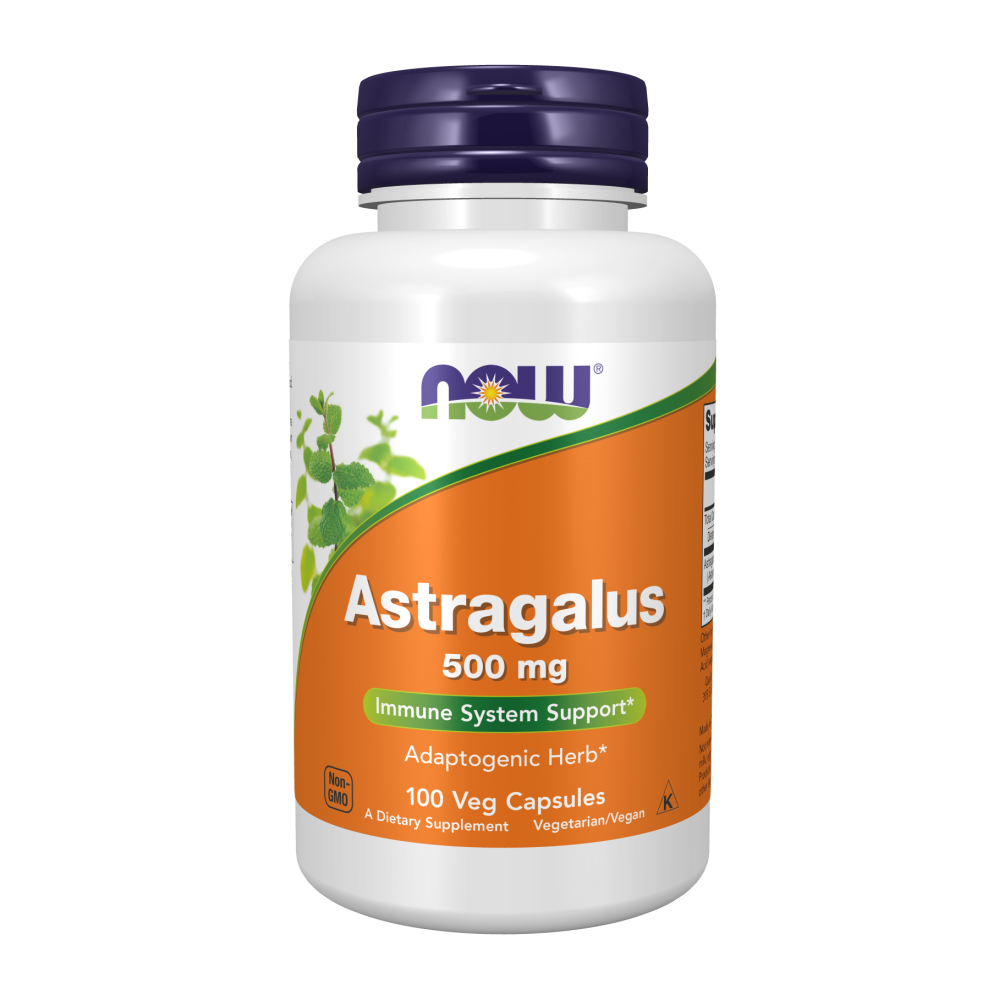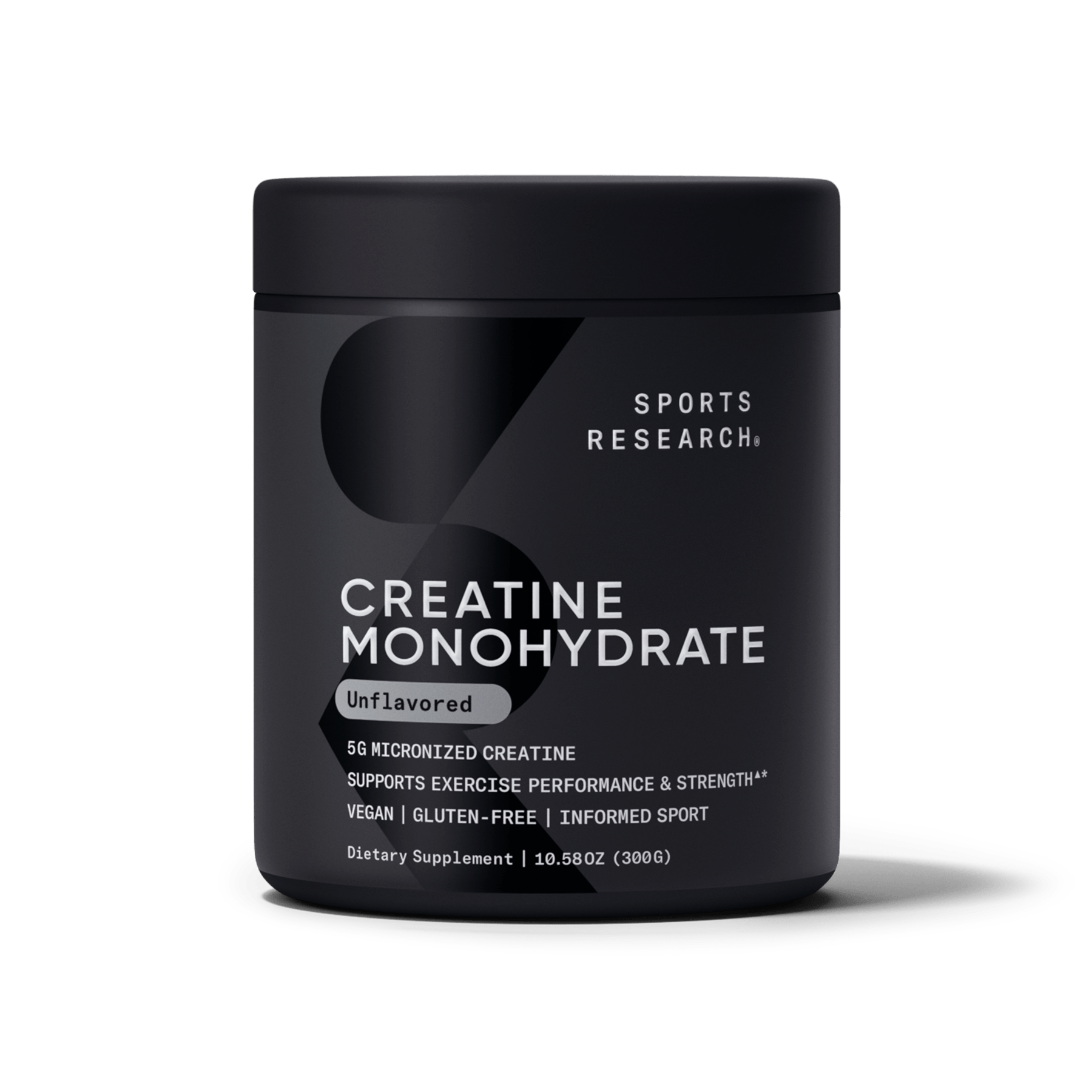We’ve heard it in school, on the news, from our doctors—they’re not simply scare tactics. Heart disease is Australia's leading single cause of death, killing one Australian every 28 minutes. In 2017, heart disease was responsible for 18,590 deaths, accounting for 11.6% of all deaths, according to the ABS.
If the benefit of reducing your chances of premature death isn’t enough for you, know that your heart is central to every other function of your bodily ecosystem, including your brain, lungs, digestive system, and so on.
Fortunately, taking care of your heart isn’t rocket science. Here are the top 3 habits to implement into your daily routine for a better heart (and a better life):
1. Exercise
Your heart is a muscle, and just like any muscle, you should exercise it. This doesn’t mean you need to turn into a hardcore gym rat overnight. There are plenty of ways to incorporate more activity into your daily routine— go for a walk, take the stairs, clean around your home.
You should still aim to dedicate at least 30 minutes a day to exercise— but that doesn’t mean it has to be boring. Don’t like weightlifting? Try yoga. Don’t like yoga? Try a barre class. Don’t like barre? Try running. Don’t like cardio? Keep shopping around till you find a form (or forms) of exercise that excite you— and don’t settle for less!
2. Eat clean
Of course, diet is on the list for improving heart health alongside exercise. Proper diet and exercise are at the foundation of any healthy lifestyle.
To achieve a heart healthy diet, prioritise your veggies, eat your whole grains, and choose lean poultry. Try to reduce your intake of salt, sugar, and “unhealthy fats” such as those found in butter, fried food, processed snack foods, and red meat.
Incorporating a CoQ10 supplement into your diet may also help with cardiovascular health. CoQ10 is found in nearly every cell of the body, concentrated in organs that require the most energy like the brain and heart, making it an important nutrient for supporting overall cardiovascular function.

Bonus tip: Research indicates that Omega-3 fatty acids found in fatty fish can reduce one’s risk of heart disease and stroke. The American Heart Association recommends eating at least two servings of fish a week. Taking an Omega-3 Fish Oil supplement daily could provide similar cardiovascular benefits.
3. Reduce stress.
Easier said than done - we know. But even things like taking just five minutes in the morning to meditate, can help tremendously. Focus more on your own self care whether that be spending more time with friends or family, or even just sitting on the couch and scrolling through your phone for an hour or so. Do anything that can help you relieve stress and tension. If you need some tips, check out our Unselfish self-care guide.
Supplementation can assist in reducing stress as well. Taking a daily supplement such as Magnesium L-threonate, can help support your mood and promote better sleep (which we all know a restless night can contribute to daily crankiness). Or L-theanine which supports relaxation without any drowsiness!
There’s plenty of anti-stress methods to choose from. Find what helps you relax, unwind and feel calm, as long as you make it a priority for your overall well-being and health of your heart.

This list feels like a bit of a cliché. You mean it really is that simple?
The answer is yes. And no. If it really was that easy, everyone would do it (and it wouldn’t be the leading cause of death in Australia). Nonetheless, by taking small steps toward a healthier lifestyle (like these ways of battling burnout), you may find yourself living a longer and happier life.






